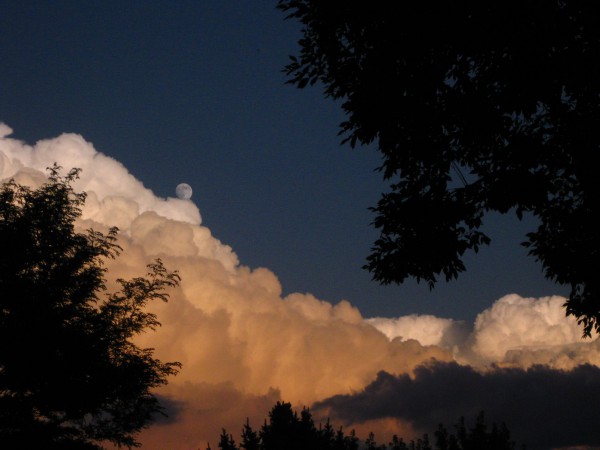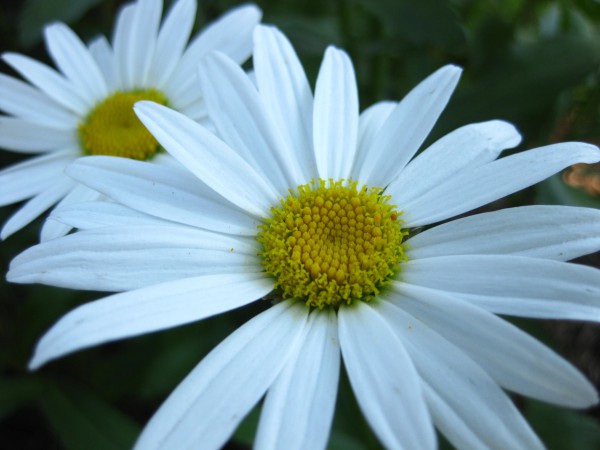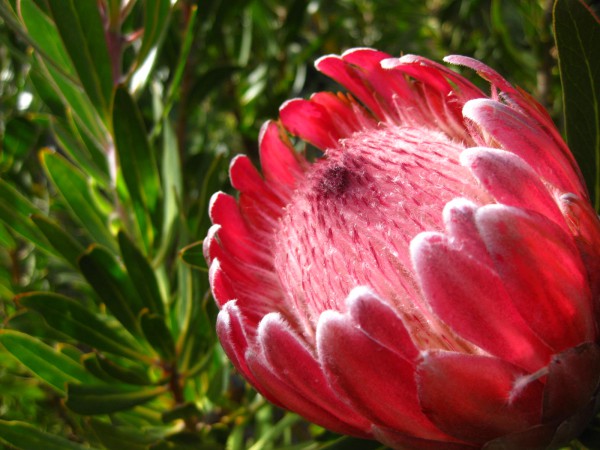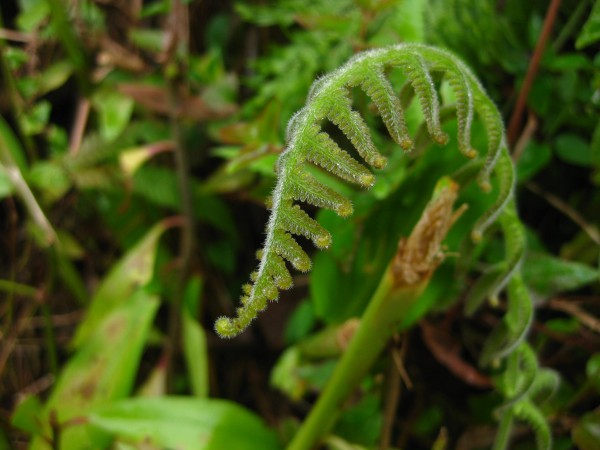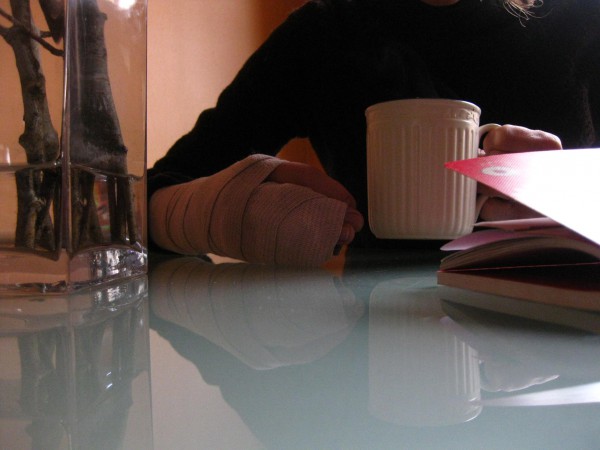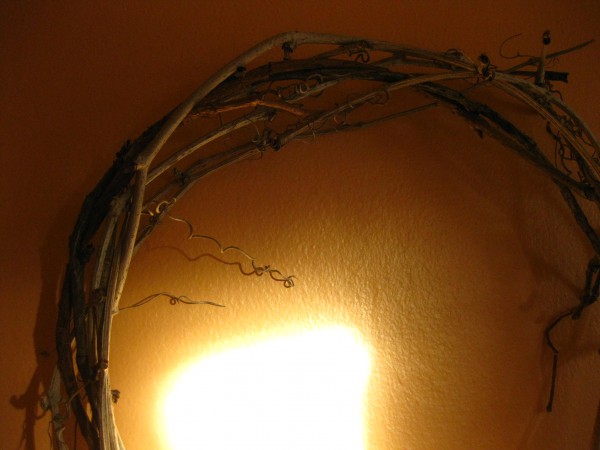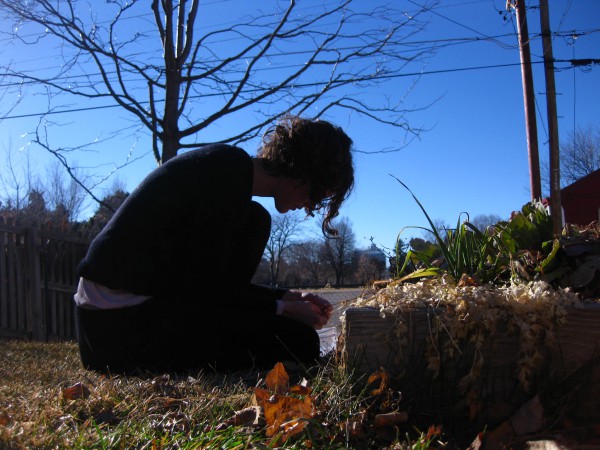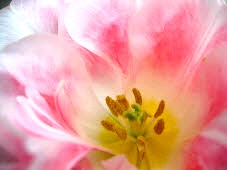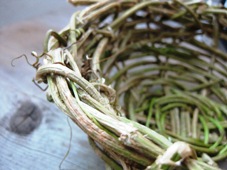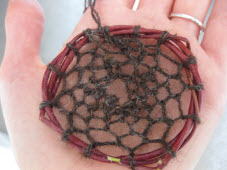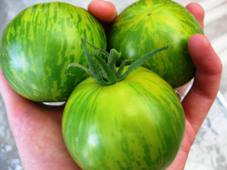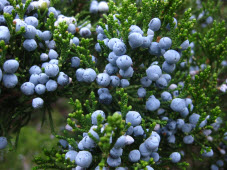
None of us can fully escape this blindness [of our own age], but we shall certainly increase it, and weaken our guard against it, if we read only modern books. . . The only palliative is to keep the clean sea breeze of the centuries blowing through our minds, and this can be done only by reading old books.
-C. S. Lewis
I ran across this quote in a quote book I have, and I agree with it. It puts a finger on the feeling I got after I read two old books recently — that feeling of getting the long-range view.
I think it feels good to get a dose of perspective.
The two books were:
A Midwife’s Tale: The Life of Martha Ballard, Based on Her Diary 1785-1812. By Laurel Thatcher Ulrich. I found this book to be so interesting I could read it again, even though I usually bypass books about history. It isn’t so much a detailed midwifery record as a day-to-day record of a moment in time on the Maine frontier (what’s now Portland) in the late 1700s, from a woman’s perspective. Since it’s Martha’s personal diary record and not just ‘the highlights’ of a life, there’s a real window into what the daily grind was like. The author does an absolutely excellent job with this book; it’s obvious how much time and care she put into it. After reading it I discovered it had won a Pulitzer Prize for History. I found this book by chance on the clearance rack at my favorite used bookstore, and not knowing what it was I took a 50-cent chance on it. I heartily recommend it.
Peig: The Autobiography of Peig Sayers of the Great Blasket Island. By Peig Sayers. I’m interested in the Blasket Islands and this book has been on my mental list for over a decade. I was so surprised to see it in a neighborhood “library-on-a-stick” on my bike ride to work last summer. It’s about Peig’s life growing up in rural Ireland in the late 1800s until her death in the 1950s. I wasn’t as riveted by this book because it didn’t go into enough detail about life on the Blaskets (Peig moved there only after marriage), but I’m glad I read it so I could hear her tell the realities and concerns of life at that time, in that place. It’s not a long book, and I found it worthwhile.
Reading is the only way you can get this stuff — perspective from centuries ago, straight from the horse’s mouth.
It seems to me that every era has its headaches, troubles, and complications. Do we ever really move ahead? Or do we just travel down the track, swapping one set of struggles for another?

*****
